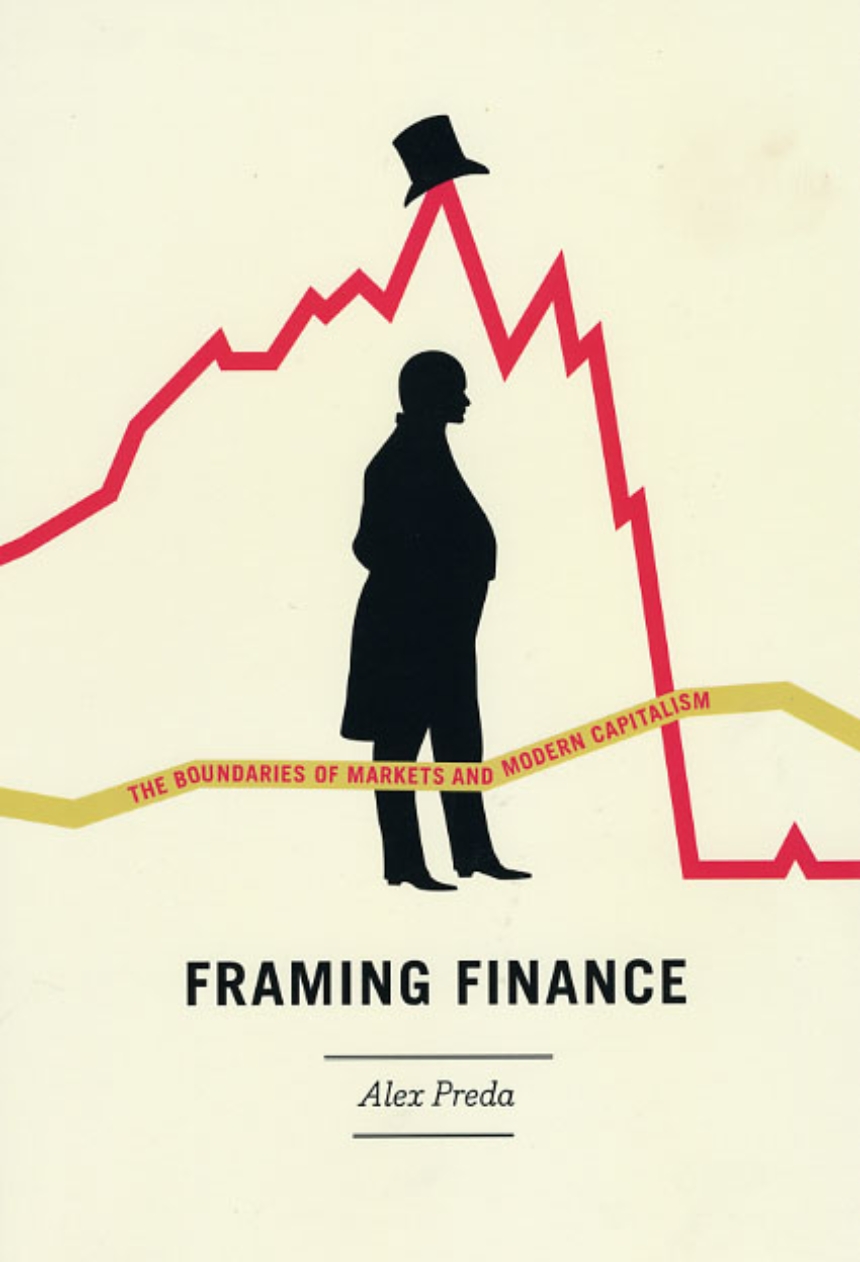Framing Finance
The Boundaries of Markets and Modern Capitalism
Framing Finance
The Boundaries of Markets and Modern Capitalism
As Preda discovers through extensive research, the public was once much more skeptical. For investing to become accepted, a deep-seated prejudice against speculation had to be overcome, and Preda reveals that over the course of the eighteenth and nineteenth centuries groups associated with stock exchanges in New York, London, and Paris managed to redefine finance as a scientific pursuit grounded in observational technology. But Preda also notes that as the financial data in which they trafficked became ever more difficult to understand, charismatic speculators emerged whose manipulations of the market undermined the benefits of widespread investment. And so, Framing Finance ends with an eye on the future, proposing a system of public financial education to counter the irrational elements that still animate the appeal of finance.
328 pages | 1 line drawing, 1 table | 6 x 9 | © 2009
Economics and Business: Economics--History
Sociology: Social History, Social Institutions
Reviews
Table of Contents
Acknowledgments
Introduction: Capitalism and the Boundaries of Finance
Chapter 1. The Boundaries of Finance in the Sociological Tradition
Chapter 2. Prestige, at Last: The Social Closure of the Stock Exchange
Chapter 3. Financial Knowledge and the Science of the Market
Chapter 4. Close Up: Price Data, Machines, and Organizational Boundaries
Chapter 5. From Afar: Charts and Their Analysts
Chapter 6. The Kaleidoscope of Finance: Speculation, Economic Life, and Society
Chapter 7. On the Dark Side of the Market
Chapter 8. Panic!
Conclusion: Back to the Future
References
